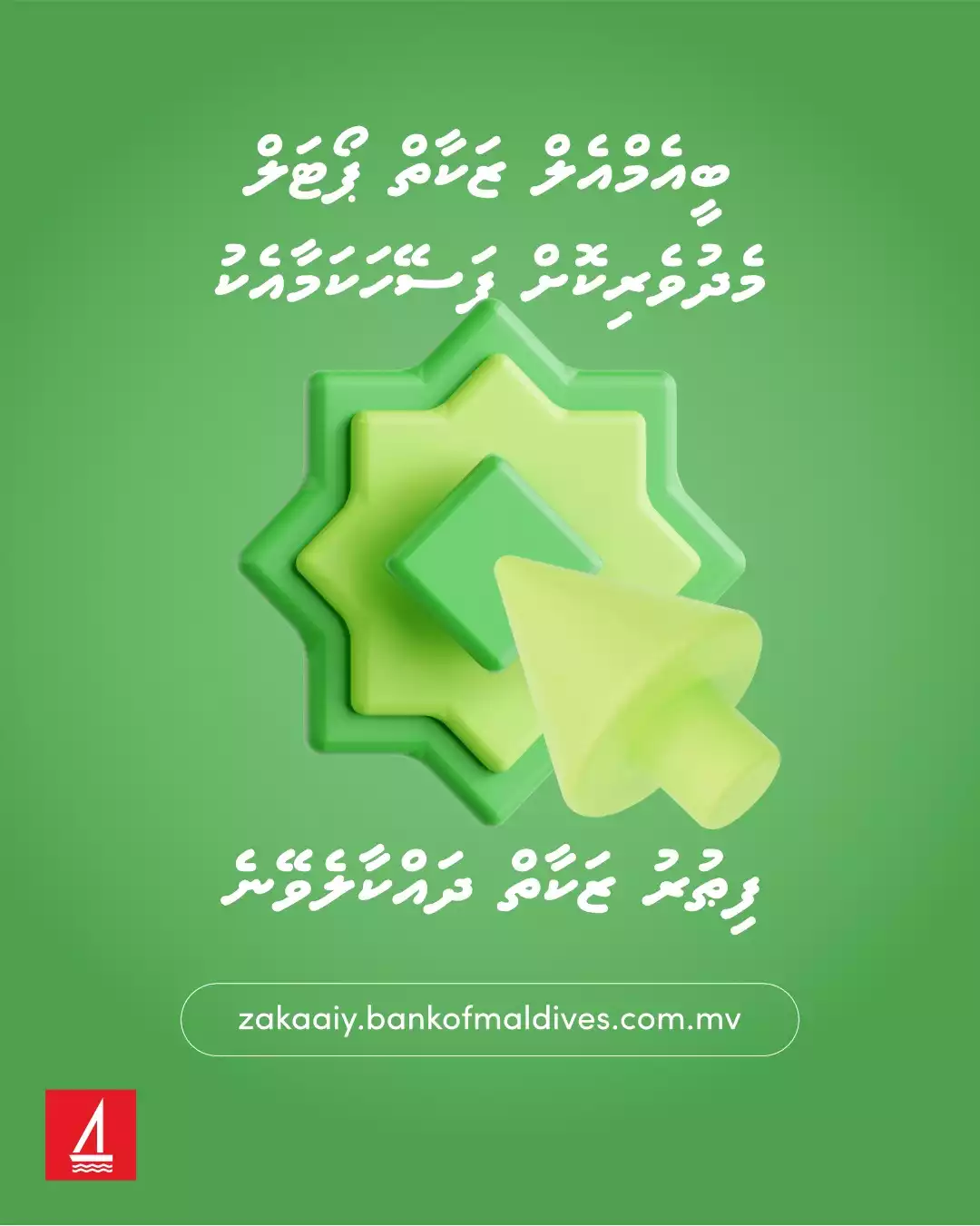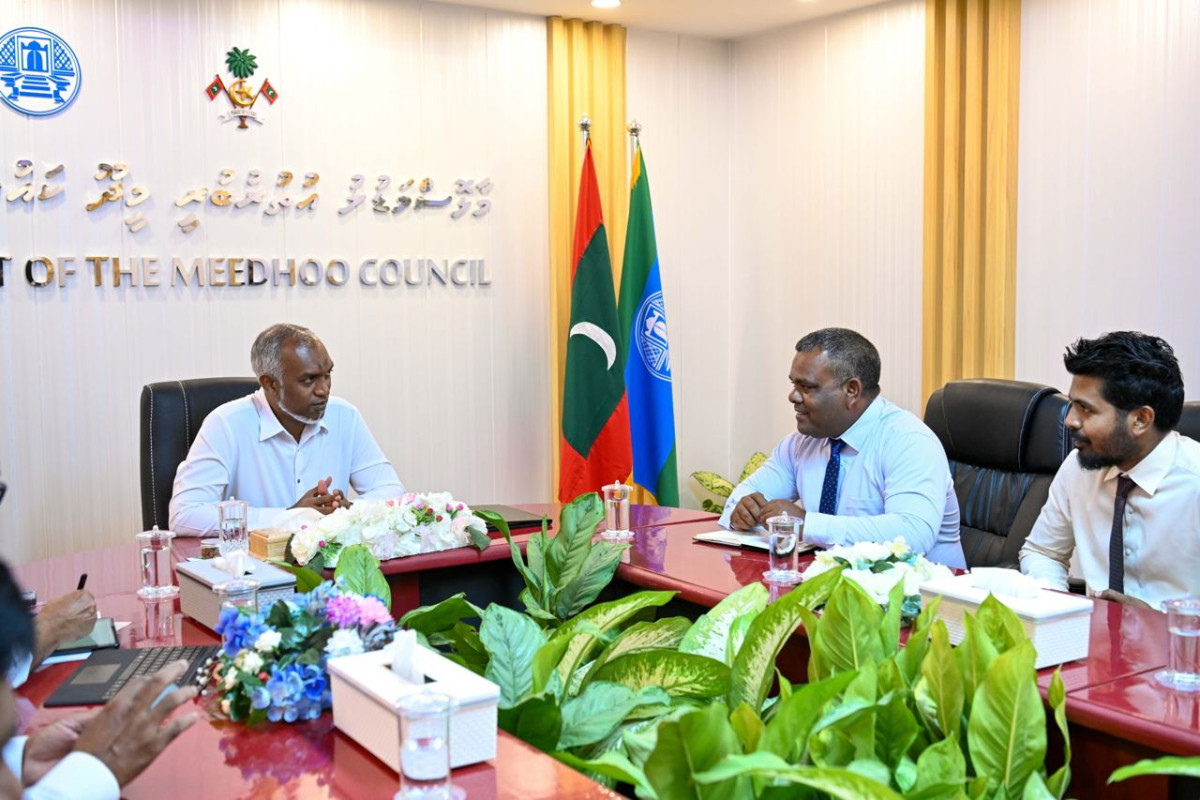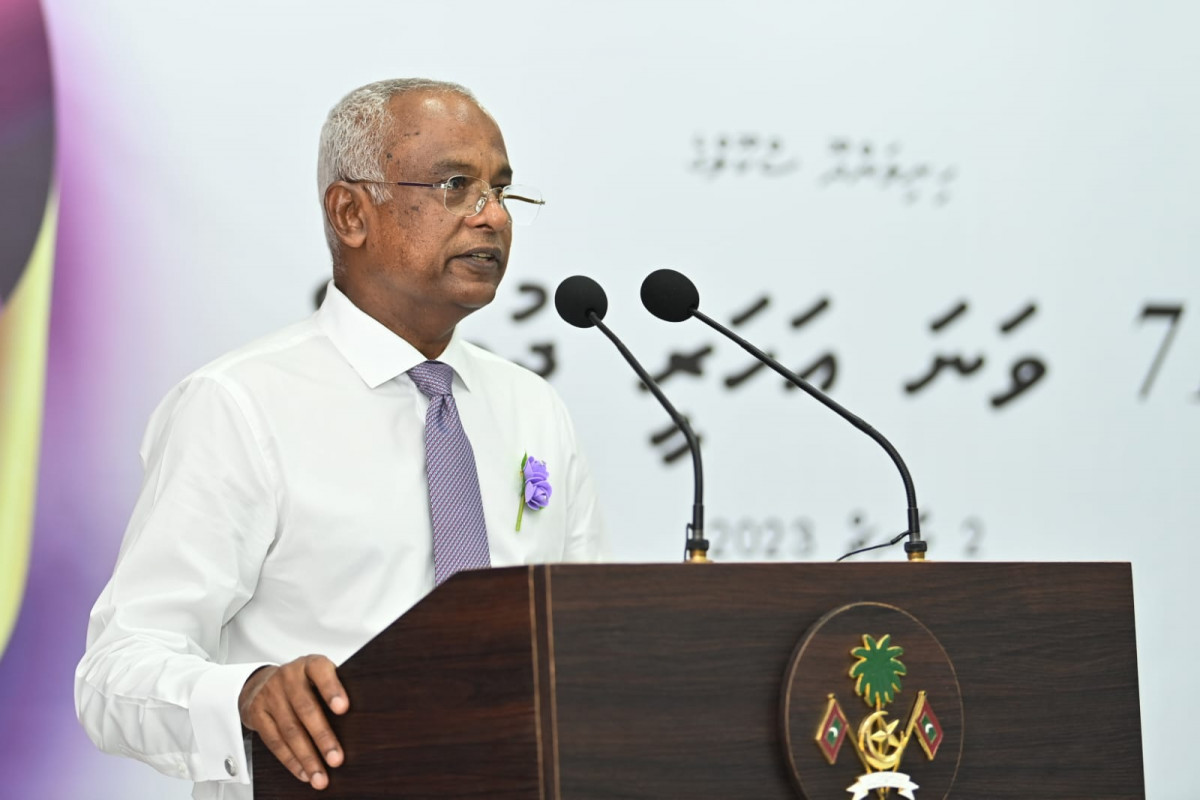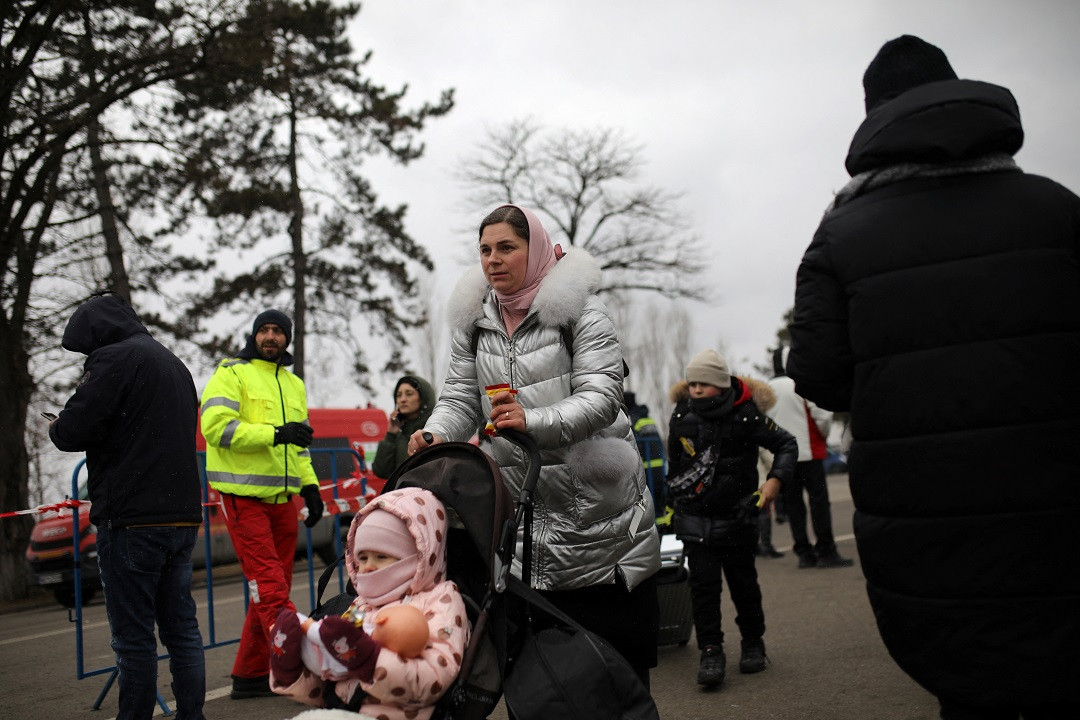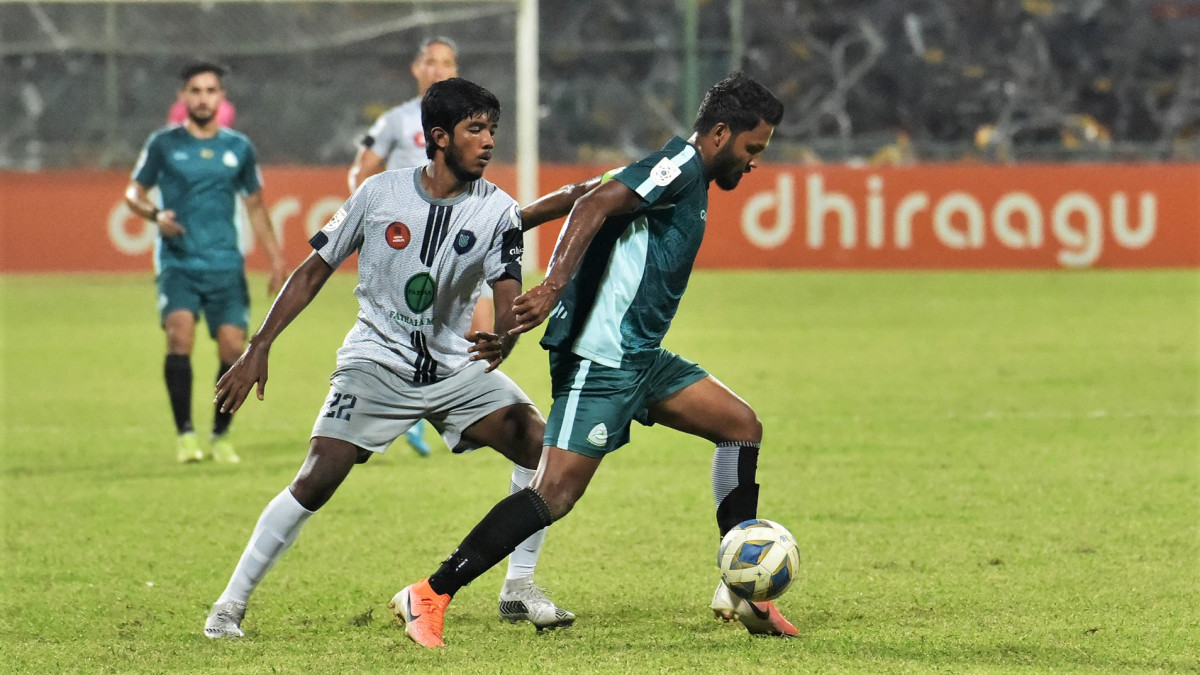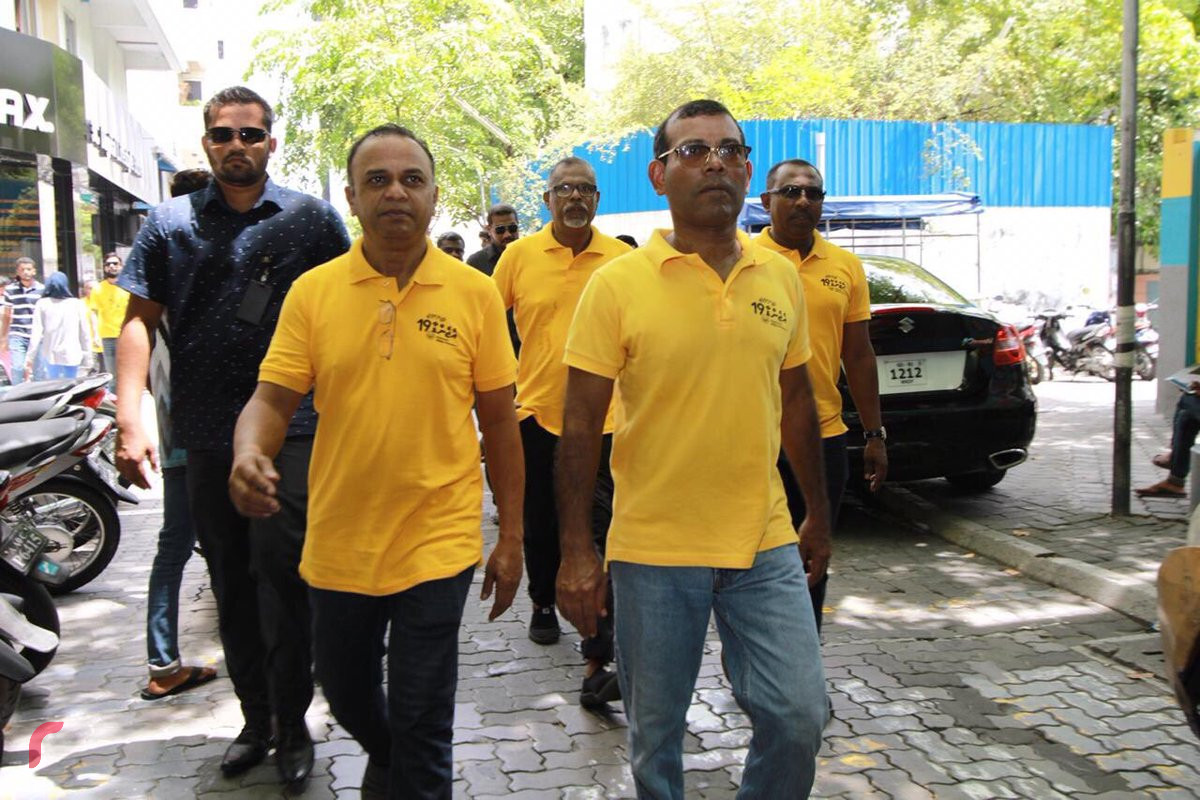UN flags alarming decline in oversight of Maldivian state institutions
UN raises concerns about weakening institutional checks and balances in the Maldives

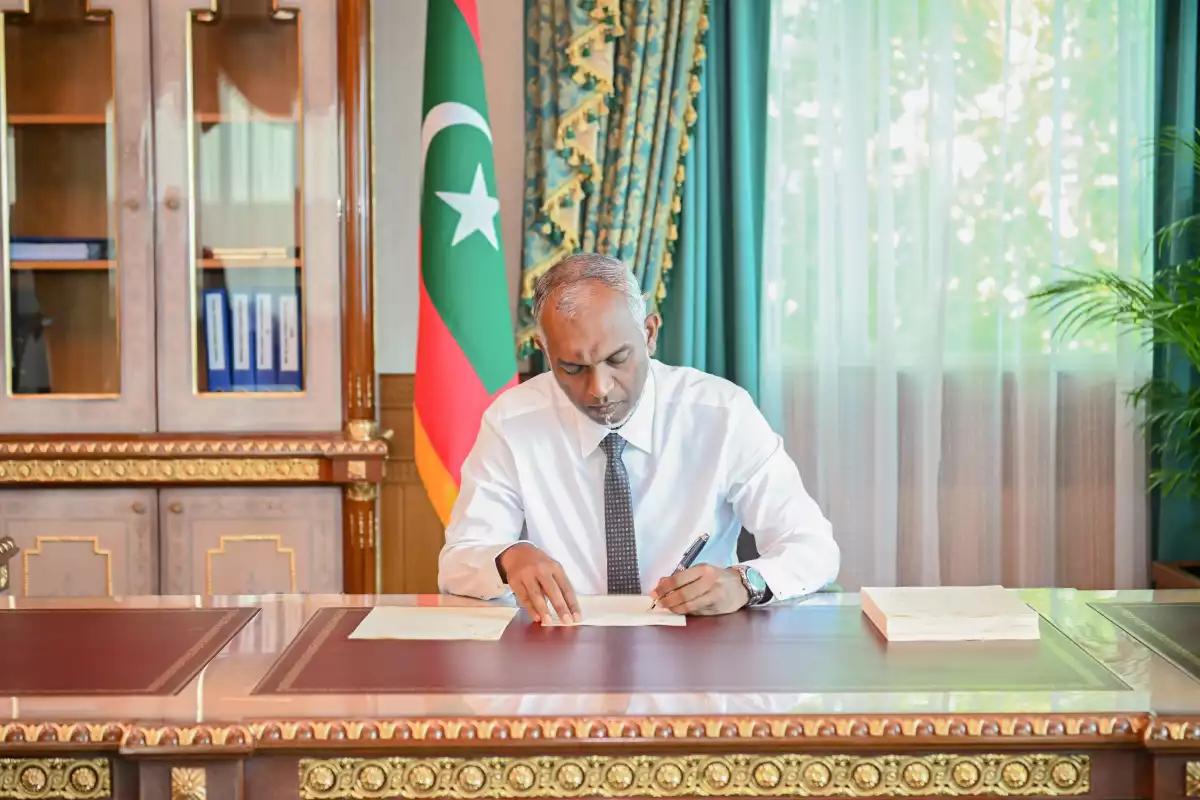
President Muizzu ratified Maldives Media and Broadcasting Regulation Bill on 18 September 2025
The United Nations (UN) has raised serious concerns over the erosion of institutional checks and balances in the Maldives, stating that the oversight mechanisms of state institutions have weakened to a troubling degree over the past year.
In a statement issued Thursday, the UN Office of the High Commissioner for Human Rights (OHCHR) expressed alarm over the recent enactment of the Maldives Media and Broadcasting Regulation Act, ratified by President Dr. Mohamed Muizzu on September 18. The UN warned that if the law is not repealed, it could have severe consequences for freedom of expression and media independence in the country.
The OHCHR noted that the timing of this new legislation is especially concerning, as it coincides with a broader decline in institutional oversight. Over the past year, critical safeguards designed to ensure the independence and accountability of state bodies have reportedly been undermined.
Much of this erosion is attributed to legal changes initiated by the government and pushed through a parliament in which the ruling party holds a supermajority. These changes include amendments to the laws governing the Anti-Corruption Commission (ACC) and the Elections Commission (EC), passed in November 2024. The revised laws now grant the president the authority to appoint a president and vice president of both commissions from among existing members, significantly altering the balance of power and weakening institutional autonomy.
Observers have increasingly pointed out that the current People’s Majlis has failed to exercise its oversight role effectively, raising further concerns about democratic backsliding. The concentration of power, coupled with an apparent lack of institutional resistance, has created an environment where executive decisions face little scrutiny.
The UN’s latest statement emphasized that the newly enacted media law contradicts the Maldives’ obligations under international human rights and civil liberties agreements. The High Commissioner for Human Rights has called on the government to withdraw the law and take steps to restore the independence of democratic institutions.
As international scrutiny grows, the situation continues to raise questions about the Maldivian government's commitment to transparency, accountability, and the rule of law.
